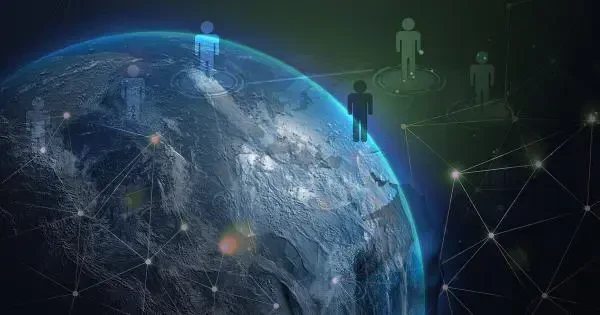Understanding DAOs: Decentralized Autonomous Organizations Explained
In the rapidly evolving landscape of blockchain and cryptocurrency, Decentralized Autonomous Organizations, commonly referred to as DAOs, have emerged as a groundbreaking concept. These innovative entities are reshaping traditional organizational structures, governance models, and decision-making processes. In this article, we will delve into the world of DAOs, exploring what they are, how they work, and their significance in the context of decentralized technologies.
What Is a DAO?
A Decentralized Autonomous Organization, or DAO, is a digital organization that operates on a blockchain, often utilizing smart contracts to automate decision-making and governance processes. Unlike traditional organizations with centralized control and hierarchical structures, DAOs are decentralized, community-driven entities governed by code and consensus.
Key Features of DAOs:
-
Token-Based Ownership: DAO members hold tokens representing their ownership stake and voting power within the organization. The number of tokens one possesses correlates with their influence in decision-making.
-
Smart Contracts: DAOs rely on smart contracts, self-executing pieces of code, to automate various functions such as proposal creation, voting, and fund management.
-
Transparent Governance: All DAO actions, proposals, votes, and transactions are recorded on the blockchain, ensuring transparency and accountability.
-
Community-Driven: Decisions within a DAO are made through consensus mechanisms, with token holders participating in voting processes to determine the organization's direction.
How Do DAOs Work?
The operation of a DAO typically follows these steps:
-
Creation: A DAO is initiated by a group of individuals with a shared objective. They create a set of rules and a smart contract that define the organization's purpose and governance processes.
-
Token Distribution: DAO tokens are distributed to initial members, and additional tokens may be minted or earned through participation.
-
Proposal Creation: Any member can propose changes, investments, or actions for the DAO. Proposals are typically submitted via a decentralized application (DApp) and recorded on the blockchain.
-
Voting: DAO members vote on proposals using their tokens. The specific rules for passing proposals vary by DAO and are outlined in the organization's smart contract.
-
Execution: Once a proposal is approved, the smart contract automatically executes the specified action, whether it's transferring funds, initiating a smart contract, or making other decisions.
Significance of DAOs:
-
Decentralization: DAOs embody the principles of decentralization by eliminating the need for central authorities or intermediaries, fostering trust within the community.
-
Global Collaboration: DAOs enable individuals worldwide to collaborate on projects, investments, and initiatives without geographical limitations.
-
Transparency: All DAO activities are recorded on the blockchain, ensuring transparency and accountability in decision-making and resource allocation.
-
Innovation: DAOs are at the forefront of experimenting with new organizational models and governance structures, driving innovation in the blockchain space.
Challenges and Considerations:
-
Security: Smart contracts are not immune to vulnerabilities, and DAOs have faced security breaches and exploits in the past.
-
Regulatory Uncertainty: The legal status of DAOs varies by jurisdiction, and regulatory frameworks are evolving.
-
Governance Challenges: Achieving consensus within a decentralized organization can be complex and time-consuming as DAOs grow in size and complexity.
Conclusion: Shaping the Future of Decentralized Governance
Decentralized Autonomous Organizations represent a bold departure from traditional organizational structures, ushering in an era of decentralized governance and collaborative decision-making. While they are not without challenges and risks, DAOs hold the promise of revolutionizing how communities and groups organize themselves, allocate resources, and work together in the digital age. As blockchain technology continues to evolve, DAOs are poised to play a pivotal role in shaping the future of decentralized governance and innovation.

Comments
Post a Comment